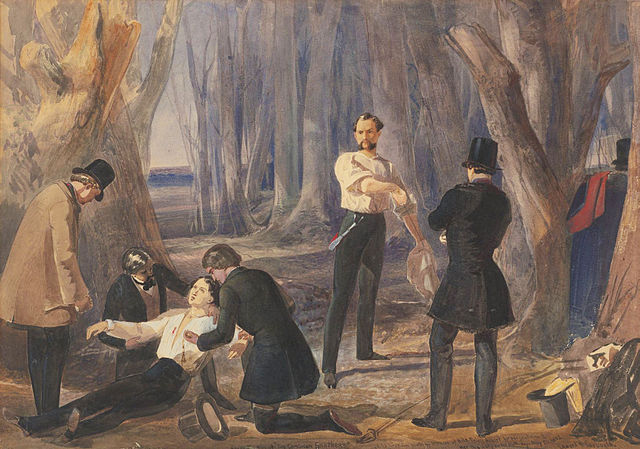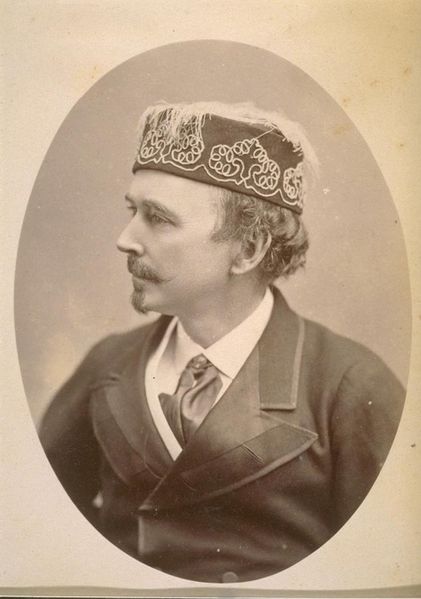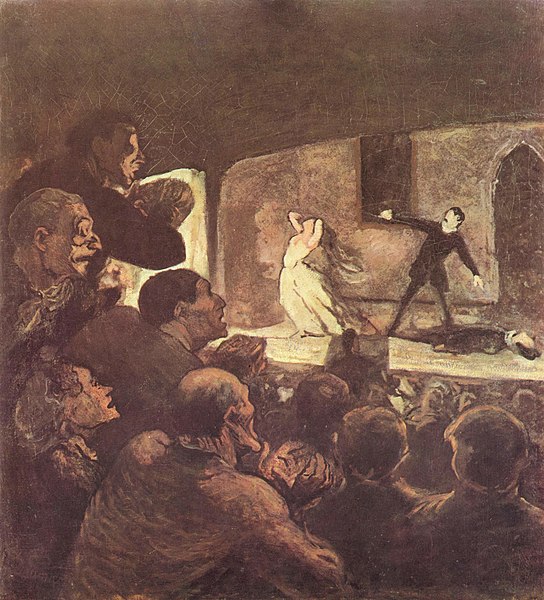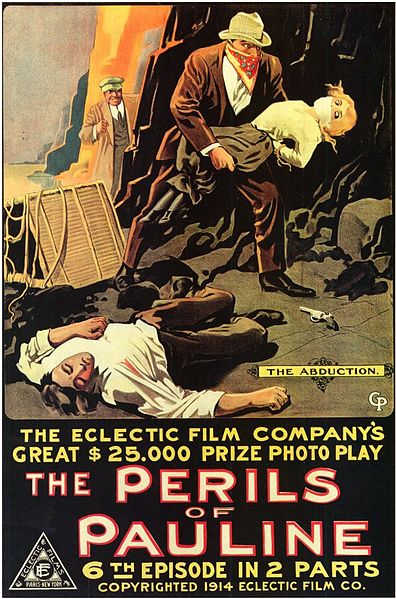Dionysius Lardner "Dion" Boucicault was an Irish actor and playwright famed for his melodramas. By the later part of the 19th century, Boucicault had become known on both sides of the Atlantic as one of the most successful actor-playwright-managers then in the English-speaking theatre. The New York Times hailed him in his obituary as "the most conspicuous English dramatist of the 19th century,"; he and his second wife, Agnes Robertson Boucicault, applied for and received American citizenship in 1873.
Dion Boucicault, c. 1862
Painting by Edward Henry Corbould depicting a scene from Boucicault's The Corsican Brothers, 1852
Poster for a production of Boucicault's farce Contempt of Court, c. 1879. From the Library of Congress.
Dion Boucicault (date unknown)
A modern melodrama is a dramatic work in which the plot, typically sensationalized and for a very strong emotional appeal, takes precedence over detailed characterization. Melodramas typically concentrate on dialogue that is often bombastic or excessively sentimental, rather than action. Characters are often flat, and written to fulfill stereotypes. Melodramas are typically set in the private sphere of the home, focusing on morality and family issues, love, and marriage, often with challenges from an outside source, such as a "temptress", a scoundrel, or an aristocratic villain. A melodrama on stage, filmed, or on television is usually accompanied by dramatic and suggestive music that offers cues to the audience of the drama being presented.
Mélodrame painted by Honoré Daumier between 1855 and 1860, depicting a typical Parisian scene as was the case on Boulevard du Temple.
Poster for The Perils of Pauline (1914), a classic melodramatic film series






